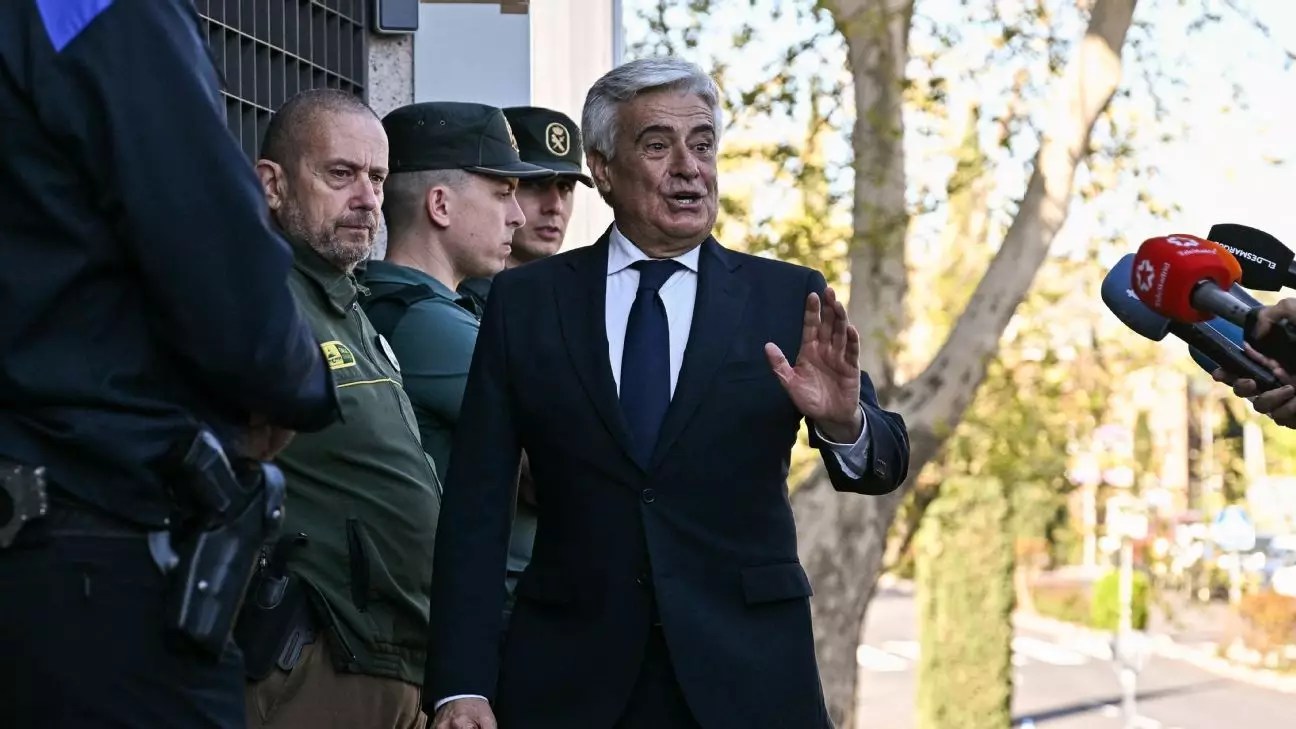The Royal Spanish Football Federation (RFEF) is poised for a significant turning point as it gears up for presidential elections on December 16, a date that promises to be pivotal for the future of football in Spain. Since the suspension of Pedro Rocha in July, the federation has been operating without a fully appointed leader, a situation that has sparked concerns within the footballing community. Rocha’s suspension, imposed by the Spanish Sports Council (CSD) for serious infractions, has left a vacuum in leadership that necessitates urgent electoral processes.
FIFA’s involvement underscores the urgency of the situation. Recently meeting with representatives from both the Spanish government and the RFEF in Madrid, FIFA has insisted on the necessity of electing a new president within a manageable timeframe. The governing body has made clear its stance that governmental interference in the operations of federations is unacceptable, yet the presence of a government-established committee overseeing the RFEF indicates a delicate balance between governance and regulatory standards. This committee was initiated in April as a response to the turmoil engulfing Spanish football, particularly following the high-profile incidents involving former president Luis Rubiales.
The implications of leadership within the RFEF stretch far beyond domestic football. National coach Luis de la Fuente has expressed legitimate concerns regarding Spain’s chances of maintaining its rights as a principal host for the 2030 World Cup. The federation’s inability to elect a permanent leader raises questions not only about its operational integrity but also about its standing on the global stage as FIFA is poised to ratify host nations on December 11. The upcoming elections might not only signify a return to stability for the RFEF, but they could also play a critical role in securing the nation’s multinational hosting aspirations.
Despite the anticipation surrounding the elections, the RFEF continues to face an uncertain landscape. The fallout from the incidents involving Rubiales and the subsequent controversies have cast a shadow over the organization, necessitating a leader who can restore confidence and unify stakeholders. Furthermore, the announcement that the Spanish Super Cup will be hosted in Jeddah, Saudi Arabia, in January 2025 indicates that the economic and commercial interests of Spanish football are shifting, revealing an increasingly globalized approach to the sport.
The coming month will be critical as the RFEF embarks on the electoral process that aims to conclude by the end of 2024. It is evident that the decisions made in the near future will have lasting repercussions for Spanish football, influencing everything from local governance to international prestige. The choice of a new president will shape the narrative for a federation striving for stability amid chaotic circumstances, ensuring that its impact on both national and international football is positively reinforced. As stakeholders brace for the impending elections, all eyes will inevitably be on the RFEF, waiting to see who will rise to the challenge and lead Spain into a new era.


Leave a Reply